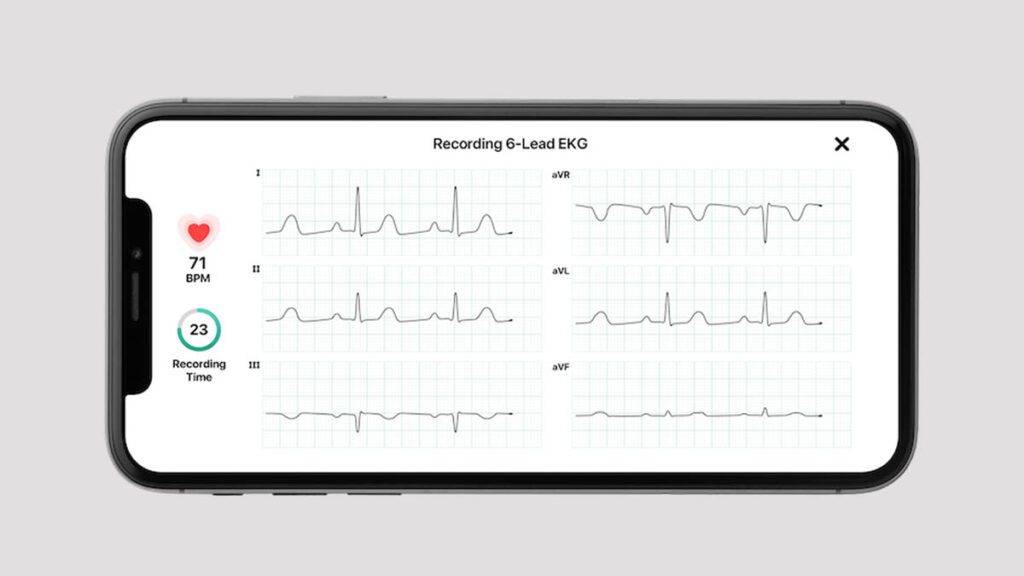Portable heart monitoring device to protect mental health patients

A portable monitoring device that detects heart irregularities in minutes has helped to protect mental health patients during the COVID-19 pandemic and will be rolled out across the North East and North Cumbria, UK.
NHSX has been supporting this work through funding the deployment of remote monitoring technology across the country, including a series of programs in the North East and North Cumbria, as well as connecting people across the country to learn from each other’s experience.
Patients using certain antipsychotic medications require regular ECGs due to the possible risk of arrhythmias, which can cause convulsions, dizziness and fainting and, in rare cases, sudden cardiac death.
During the early stages of the pandemic, Tees, Esk and Wear Valleys NHS Foundation Trust (TEWV) began using the KardiaMobile 6L portable ECG device within its community teams to monitor patients in their own homes to ensure essential ECGs continued, while also reducing the risk of COVID-19 transmission through the ability to be socially distant during the process.
Traditionally, patients undergo ECGs in a clinical setting using a large twelve-lead ECG connected to the patient who is required to partially undress, have their skin prepared and ten separate leads attached to their chest, legs, and arms. The KardiaMobile 6L is a small, wireless device that is quicker and less intrusive providing a reading in 30 seconds.
“Through the pandemic at NHSX, we have been helping scale new technology that allows clinicians to monitor and assess patients’ conditions remotely. As part of our Innovation Collaborative, NHSX is delighted to be working in partnership with innovators and teams that are transforming care for thousands of people,” Tara Donnelly, chief digital officer, NHSX, said in a statement.
The team at TEWV, procured 30 devices which were used to track the impact of antipsychotic drugs on a patient’s cardiac health in the comfort of their own home over an initial three-month pilot period.
During that time, more than 300 patients were monitored within the Trust, saving an average of 17.5 minutes per ECG. Staff and patient feedback have been overwhelmingly positive, with 100 percent of patients surveyed saying they preferred the new technology to the old approach.
“More patients in the North East and North Cumbria requiring antipsychotic medication will now have their ECG recorded in their own homes and assessed remotely by clinicians that ensure their medication can be safely administered,” Donnelly added.
A conventional ECG involves a large 12-lead machine which needs to be administered by trained professional and can be time consuming and intrusive. The process is less comfortable for the patient and the data output from the ECG is paper based, meaning that analysis and response to the findings take longer.
